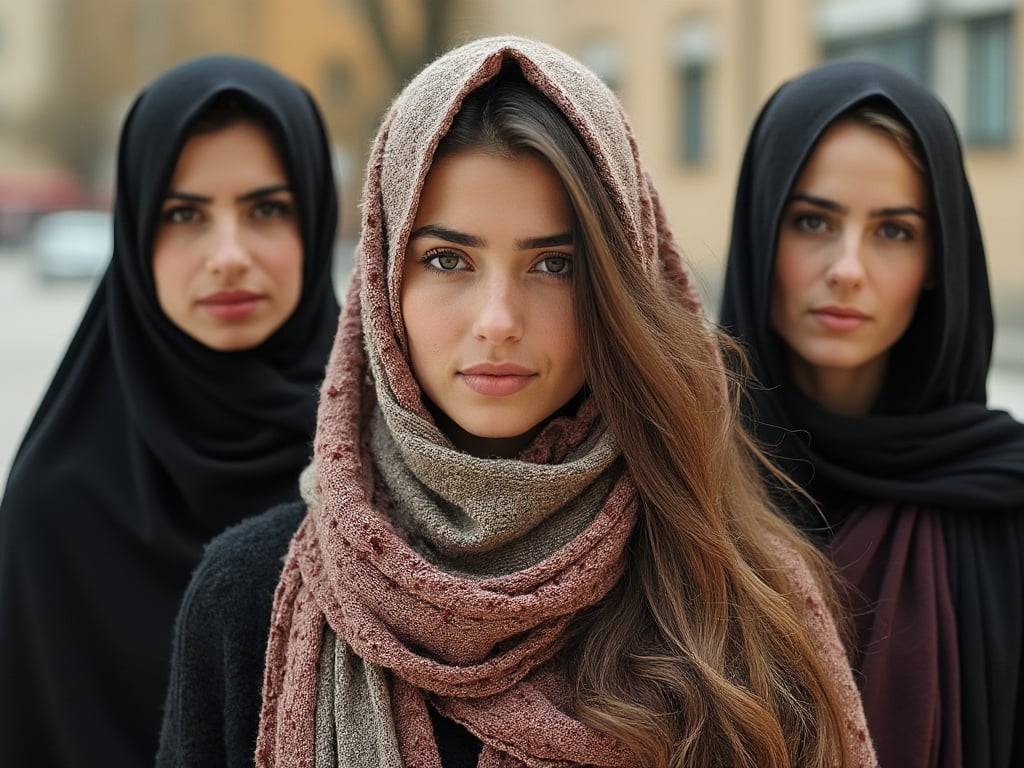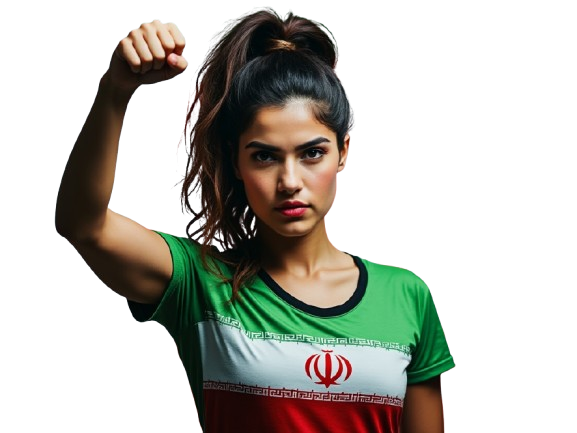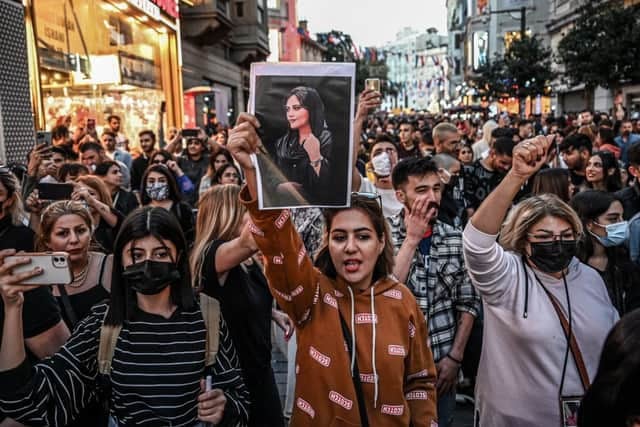
We're here to
help them flourish
In Iran, women face systemic discrimination and repression under laws that limit their rights and freedoms. From restrictions on dress codes to barriers in education, employment, and freedom of movement, women are continuously marginalized. Despite these challenges, brave women continue to rise, protesting against inequality and advocating for their rights.

The Struggle for
EQUALITY
Legal Discrimination:
Iranian law treats women as second-class citizens, including restrictions on inheritance, marriage, and divorce rights.
Compulsory Hijab:
Women are required to wear the hijab in public, and violations can result in imprisonment or fines.
Limited Political and Social Participation:
Women are restricted from holding certain political roles and face discrimination in employment and education.
Key Issues
Personal Freedom
Women are subject to laws that allow male relatives to control aspects of their lives, such as travel, marriage, and career choices.
Violence and Repression
Women activists, such as Narges Mohammadi, face imprisonment, harassment, and violence for advocating for their rights.
Lack of Representation
Women are vastly underrepresented in decision-making roles, both politically and socially.
The Voices of Resistance
Protests and Movements:
From the “White Wednesdays” movement against compulsory hijab to ongoing protests for basic rights, women are at the forefront of the fight.
Activists in Exile:
Many Iranian women have sought refuge abroad, continuing their advocacy on the global stage, raising awareness and calling for international support.

